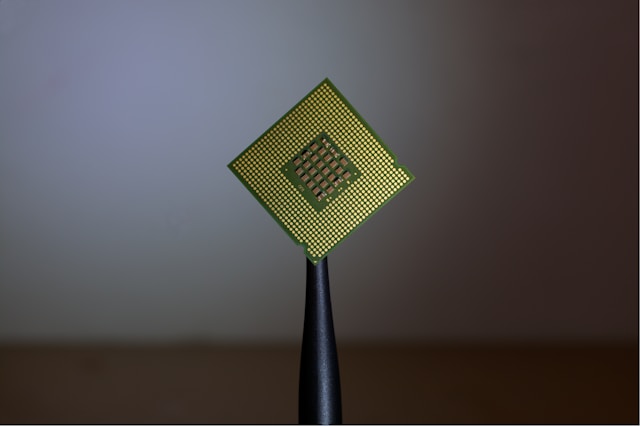The Trump administration plans to revise the Biden-era regulations that limited the export of artificial intelligence chips from the U.S. These regulations, set to take effect on May 15, aimed to restrict AI advancements in certain countries, particularly China. Known as the ‘AI Diffusion’ rule, it faced significant criticism. Tech giants like Nvidia Corp. described it as ‘unprecedented and misguided,’ while Microsoft Corp. and Oracle Corp. argued it would harm international business opportunities without achieving its goal of hindering China. A Commerce Department spokesperson stated that the rule was overly complex and bureaucratic, stifling American innovation. The administration plans to replace it with a simpler regulation to promote American AI dominance. This decision benefits U.S. tech firms such as Nvidia, whose stocks initially rose by 3% but later settled at a 0.7% increase. Despite this, tight export controls remain, as evidenced by Nvidia’s $5.5 billion charge for selling advanced chips to China. The tiered rule, which categorized countries into three levels based on chip access, may be replaced with individual agreements and a global licensing regime. Upcoming trade talks will allow nations to negotiate better tariffs while adhering to chip restrictions.
— new from SiliconANGLE
